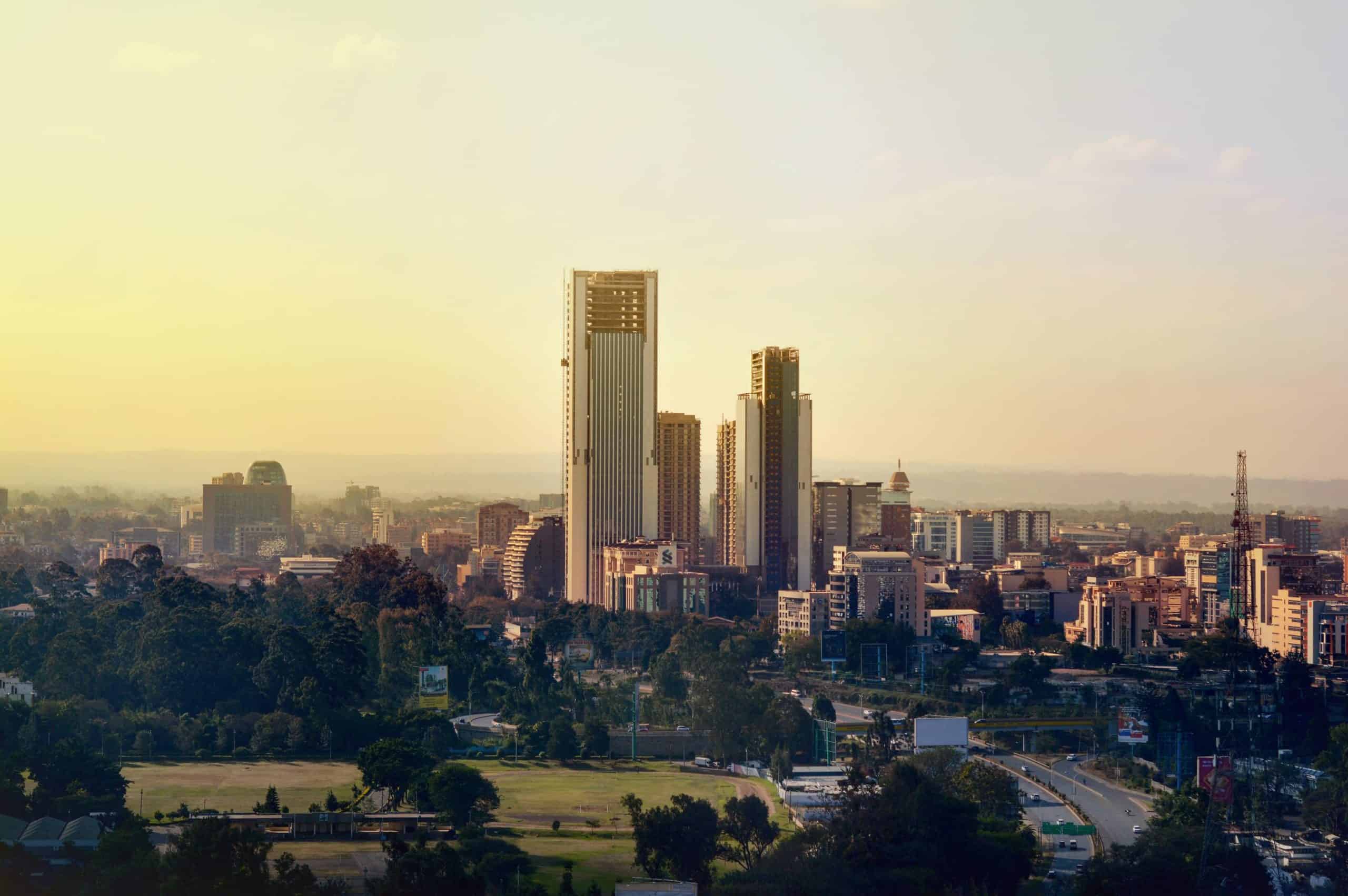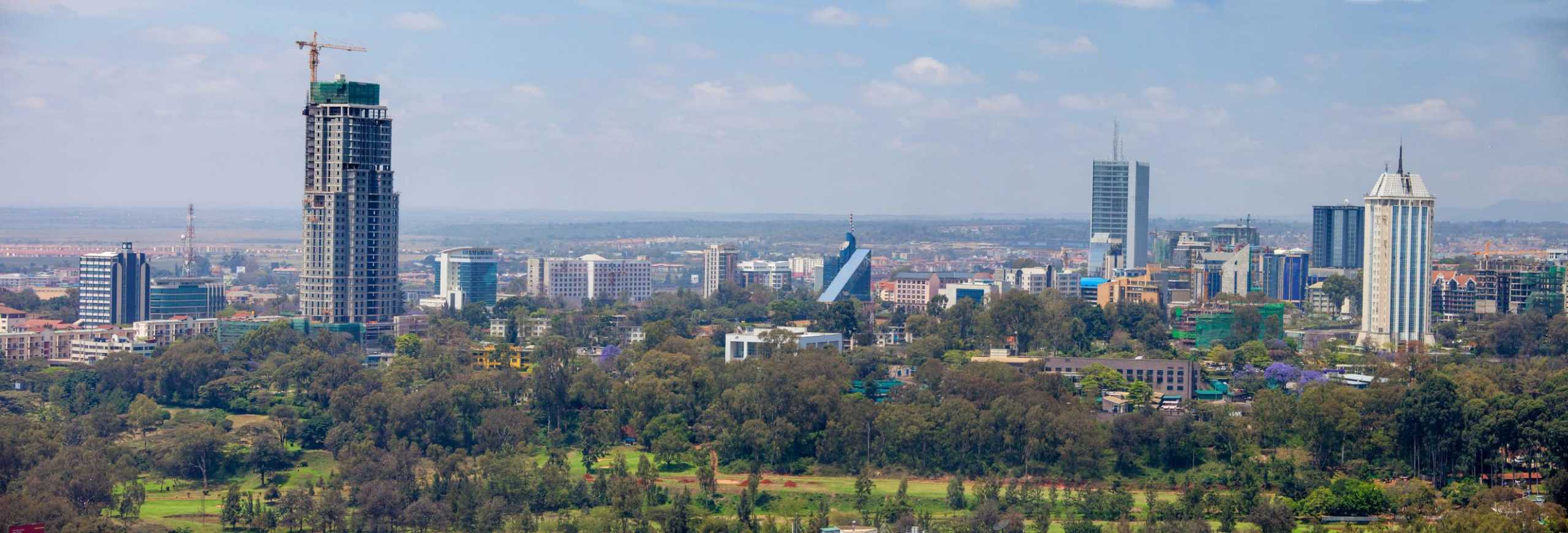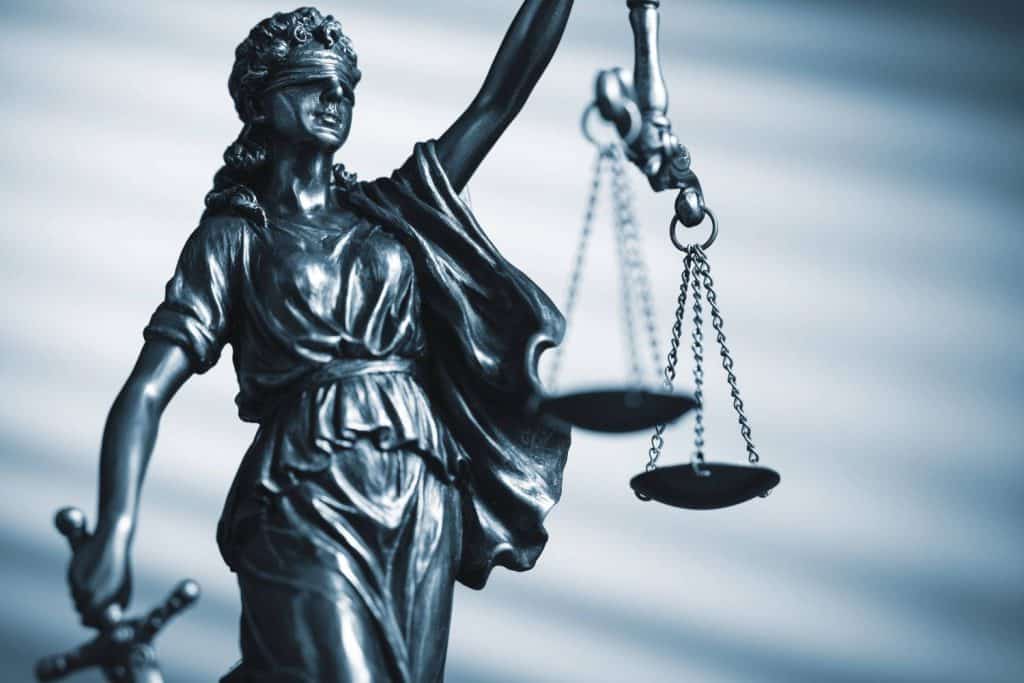FAQS
How to Draft a Good Family Trust Deed in Kenya

What clauses should I consider when drafting a good family trust deed in Kenya?
- Beneficiaries: Set out beneficiaries clearly. Beneficiaries can be living beneficiaries or future beneficiaries; leave no doubt as to the identity of a beneficiary. The beneficiaries must be easily ascertainable, otherwise a trust is voidable.
- Clear objectives of your trust: The trust should clearly establish its purpose e.g. a family trust to earn income for the financial support of the living expenses of beneficiaries;
- The intention to create a trust should be clear and this is achieved by a properly drafted trust deed, with a strong recommendation that your trust deed is drafted by an advocate in Kenya.
- Clearly indicate what will happen on the death, resignation or removal of any trustee and clearly elaborate how the successor trustee will be appointed and by whom.
- Cover contingencies of when a beneficiary dies and the vesting or lack thereof, of trust property in the estate of such a deceased beneficiary.
- Consider the costs and expenses that may arise in running a trust and clearly outline how these costs will be borne within the trust and the threshold of expenses to avoid overspending trust money on said expenses. There may be running costs of maintaining your trust for instance expenses associated with filing annual trust and tax returns, costs of accountants who maintain books of accounts of the trust, fees paid to third parties to maintain the trust assets etc.
- Clearly identify who may settle or transfer property to the trust and the effect of the said transfer shall be to effect the transferred assets to be trust property and no longer personal property. This is further tied to whether you have a revocable or irrevocable trust.
- Clearly set out the powers of trustees and how they are to exercise their powers if there will be more than one trustee.
- Equally, the powers of the trustees can be crafted in such a way to avoid mishandling the trust property at the expense of the beneficiaries or in a disadvantageous manner that can diminish the trust estate held by the trustees in their capacity as such.
- Determine whether the trustees’ powers are to be be exercised unanimously or by majority vote where there is more than one trustee.
- The trust deed should also establish the conduct of beneficiaries vis a vis their entitlement as beneficiaries – for instance what happens when a beneficiary unnecessarily challenges the distribution by the trustees in the absence of any valid reason for such challenge.
- The trust deed should talk about the duration of the trust and if it will expire and what will happen upon the death of settlors, trustees and all beneficiaries.
- The trust deed should describe how disputes between trustees shall be sorted out to avoid the trust being stuck in a deadlock where it is unable to operate due to feuding trustees. Definitely, any settlor appointing a trustee should carefully analyse the qualifications, character and skills of the trustees before entrusting the trust property through the trust deed.
- The trust deed should address how any changes to the trust deed shall be made and this should be elaborately set out as future circumstances can change that will warrant the trustees to seek to amend the trust deed
- The trust deed should clearly describe the property that will be settled on the trust, for instance clearly naming the land assets and any other property that the settlor intends to settle on the trust. It is ok to add property to the trust in the future. Note that trust property can appreciate in value if the trustees make prudent and sound financial decisions and this will grow the trust estate beyond what was initially settled by the settlor. Authorized investments that a trustee may invest in include shares, bonds, bills, unit trusts, land etc.
- Dispute resolution: Ideally the trust deed should have an elaborate dispute resolution mechanism that firstly encourages amicable settlement of disputes between trustees and where that fails the next stage can be to go to court, engage in mediation or arbitration as the case may be. Consider cost implications of each dispute resolution mechanism and the trust deed should emphasize that disputes should ultimately be resolved in favour of a resolution that is paramount in protecting the beneficiaries’ interests.
The provision of general information herein does not constitute an advocate-client relationship with any reader. All information, content, and material in this article are for general informational purposes only. Readers of this article should get in touch with us/a qualified advocate to obtain legal advice with respect to any particular legal matter.
RELATED ARTICLES

CHILD CUSTODY & GUARDIANSHIP Changing a Child Custody or Maintenance Order or other Welfare Order Pertaining to Children When an order is issued relating to custody, guardianship or support of…
CHILD CUSTODY & GUARDIANSHIP Understanding Child Custody in Kenya Nature of Child Custody A person may have legal or actual custody of a child or both. Legal custody means the…
CHILD CUSTODY & GUARDIANSHIP Guardianship of Children in Kenya What is A Guardianship Order issued by the Court? A Guardianship order is issued by the children's court pursuant to S…


